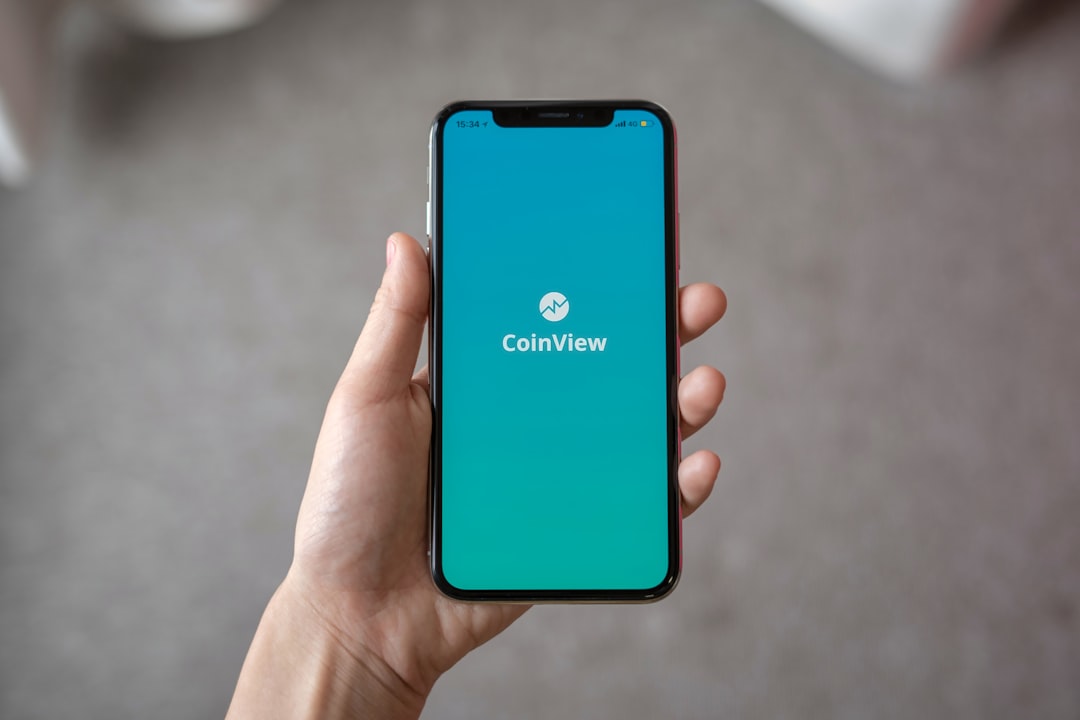Virginia has stringent spam texts laws protecting residents from unsolicited promotional SMS, giving individuals control over their mobile communications. These regulations, focused on text message privacy, forbid businesses from sending advertising messages without explicit consent. Consumers can opt-out of unwanted text ads, file complaints with the FTC, and seek damages for false or deceptive content. Senders face strict penalties for violating Virginia's phone privacy laws. By obtaining explicit consent, businesses foster a responsible commercial environment in the digital age, empowering Virginians to manage their digital interactions.
In Virginia, text message privacy protections are a crucial aspect of consumer rights. Understanding the state’s laws on spam texts is essential for all Virginians to ensure their digital well-being. This article delves into Virginia’s text message privacy laws, explores the legal implications of spam texts, and outlines consumer rights and protections. Additionally, it provides practical steps on how to stop and report unwanted texts, empowering residents with knowledge to safeguard against invasive messaging practices.
Understanding Virginia's Text Message Privacy Laws

Virginia has specific laws in place to protect its residents from unwanted spam texts. These regulations are designed to give individuals control over their mobile communications and personal information. The Virginia text message privacy laws prohibit businesses and organizations from sending promotional or advertising messages via SMS unless the recipient has provided explicit consent. This means that receiving unsolicited text ads or promotions can be considered a violation of these laws.
Understanding these rules is crucial when it comes to consumer rights. If you’re concerned about your privacy or feel you’ve received spam texts, it’s important to know your options. You have the right to opt-out of such messages and file a complaint if needed. These protections are in place to ensure that Virginians can enjoy their mobile devices without being bombarded by unwanted marketing content.
Spam Texts and Their Legal Implications in Virginia

In Virginia, like many other states, spam texts carry significant legal implications. These unsolicited and often unwanted text messages from unknown sources are not only a nuisance but can also be a violation of an individual’s privacy rights under state law. The Virginia Spam Laws protect residents from receiving unsolicited commercial text messages, commonly known as spam texts. Such laws aim to curb the practice of businesses or individuals sending bulk texts for promotional purposes without prior consent.
If you receive spam texts in Virginia, you have legal recourse. State regulations allow recipients to file complaints with the Federal Trade Commission (FTC) and seek damages if the messages include false or deceptive content. Moreover, Virginia’s strict interpretation of phone privacy laws can lead to substantial penalties for senders who violate these rules, making it crucial for businesses to obtain explicit consent before engaging in text marketing campaigns.
Consumer Rights and Protections Against Unwanted Texts

In Virginia, consumers have robust rights and protections against unwanted text messages, often referred to as spam texts. The state has implemented strict laws to safeguard individuals from unsolicited marketing messages, ensuring their privacy and peace of mind. According to these regulations, businesses and marketers must obtain explicit consent from recipients before sending any promotional or advertising text messages. This means that if you haven’t signed up for a particular service or given permission for marketing communications, you cannot receive spam texts under Virginia’s legal framework.
These protections are vital in the digital age, where text messaging has become an ubiquitous form of communication. By limiting spam texts, Virginia’s laws empower consumers to control their digital interactions and prevent unwanted intrusions into their personal space. It also encourages businesses to adopt more responsible marketing practices, fostering a healthier and less intrusive commercial landscape.
How to Stop and Report Spam Texts in Virginia

In Virginia, receiving unwanted spam texts is a common nuisance. To combat this issue, state laws provide consumers with tools to stop and report such messages. The first step is to identify the source of the spam. Many mobile devices have built-in features or apps that allow users to block numbers directly from their settings. By blocking the sender, you can prevent future spam texts from reaching your phone.
Additionally, Virginia’s spam text laws empower consumers to report these messages to relevant authorities. Reporting spam not only helps protect yourself but also contributes to a broader effort to curb malicious practices. Most mobile carriers have reporting mechanisms in place, making it easy for users to flag suspicious or unsolicited texts. By taking these proactive measures, Virginians can enjoy greater privacy and peace of mind when using their mobile devices.






